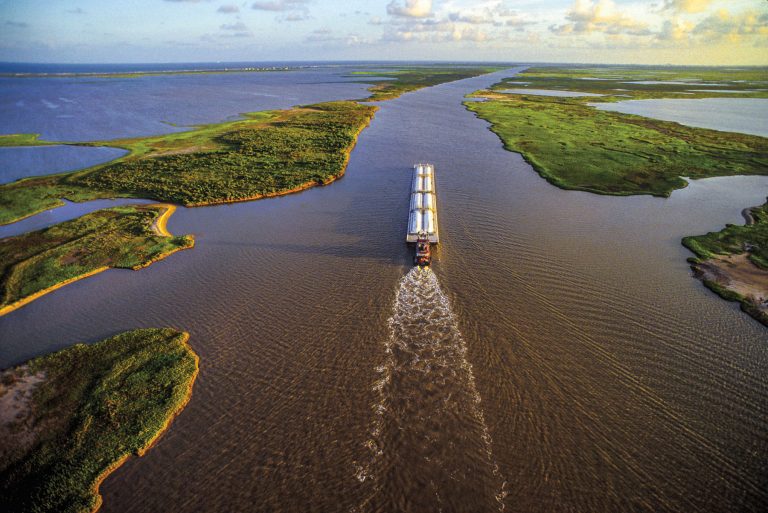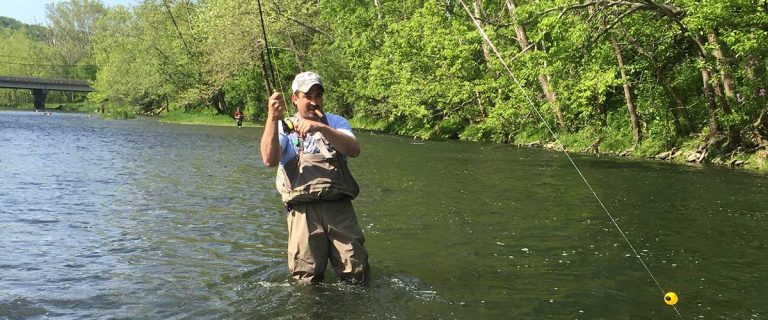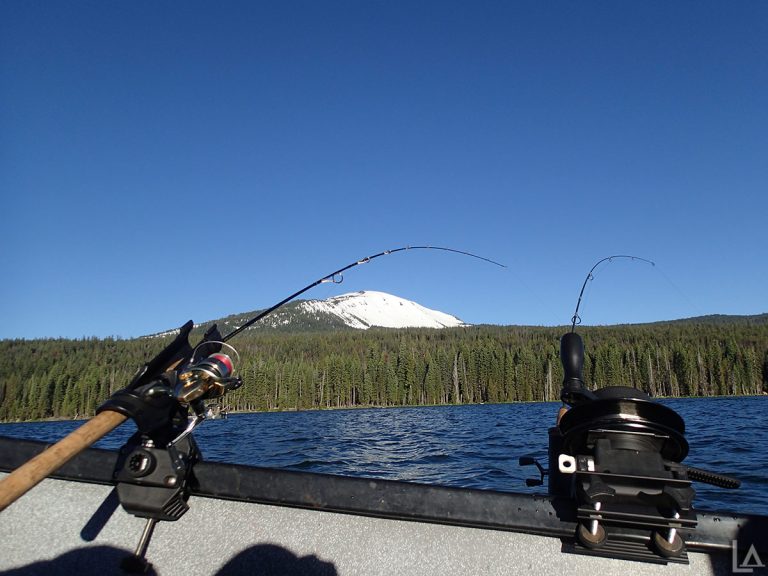Fishing in Texas is more than just a pastime; it’s a way of life for many residents and visitors alike. Whether you’re casting your line in serene freshwater lakes or along the vibrant saltwater coast, understanding the legal requirements and costs associated with fishing licenses is essential. This comprehensive guide explores the types of fishing licenses available in Texas for 2025, their associated costs, purchasing methods, and the critical role they play in conservation efforts.
Why You Need a Fishing License in Texas
Obtaining a fishing license in Texas is not merely about complying with state regulations; it’s an investment in the future of fishing and aquatic environments. The revenue generated from these licenses supports various conservation initiatives aimed at preserving fish populations and aquatic habitats. Each license sold contributes to wildlife management efforts, including ecosystem monitoring and regulation enforcement, ensuring responsible angling practices that protect the state’s diverse aquatic resources.
For more information on conservation efforts, visit the Texas Parks and Wildlife Department (TPWD) Conservation page.
Types of Fishing Licenses in Texas
Texas offers a variety of fishing licenses tailored to the unique needs of its anglers. These licenses vary by residency status—resident or non-resident—and encompass a range of options suitable for different fishing preferences. Understanding the types of licenses available can help you choose the right one, ensuring you’re legally allowed to fish in Texas waters while supporting conservation efforts.
For a complete list of available licenses, visit the TPWD Fishing Licenses page.
Resident Fishing Licenses
Texas residents have access to several fishing license packages. Here’s a detailed breakdown of the available licenses for residents:
| License Package | Cost ($) | Eligibility |
|---|---|---|
| Freshwater Package | 30 | Texas resident |
| Saltwater Package | 35 | Texas resident |
| All-Water Package | 40 | Texas resident |
| Senior Freshwater Package | 12 | Texas resident (65+) |
| Senior Saltwater Package | 17 | Texas resident (65+) |
| Senior All-Water Package | 22 | Texas resident (65+) |
| One-Day All-Water License | 11 | Texas resident |
| Year-From-Purchase All-Water | 47 | Texas resident |
Non-Resident Fishing Licenses
For non-residents, Texas provides various fishing licenses, typically priced higher than their resident counterparts. Here’s a structured overview of the non-resident fishing licenses available:
| License Package | Cost ($) | Eligibility |
|---|---|---|
| Freshwater Package | 58 | Non-resident |
| Saltwater Package | 63 | Non-resident |
| All-Water Package | 68 | Non-resident |
| One-Day All-Water License | 16 | Non-resident |
For the most up-to-date pricing information, always check the official TPWD website.
Additional Fees and Considerations
In addition to standard fishing licenses, there are several additional endorsements and licenses available, particularly for those looking to fish for specific species or use particular equipment. These endorsements provide access to specialized fishing experiences and ensure compliance with all state regulations.
| Endorsement | Cost ($) |
|---|---|
| Freshwater Endorsement | 5 |
| Saltwater Endorsement | 10 |
| Sportsman’s Oyster Boat License (Resident) | 13 |
| Sportsman’s Oyster Boat License (Non-Resident) | 51 |
For more information on endorsements and special licenses, visit the TPWD Fishing Endorsements page.
Special Licenses and Packages
Lake Texoma License: For $12, anglers can fish anywhere on Lake Texoma without additional Texas or Oklahoma fishing licenses. This license is valid until December 31 of the year of purchase.
Lifetime Fishing License: Texas residents can purchase a lifetime fishing license for $1,000. This allows fishing anywhere in the state and includes one Red Drum Tag per year.
Super Combo License: Available to resident active military personnel and veterans with a 50% disability rating or loss of limb use. This free package allows fishing and hunting anywhere in the state and includes a Red Drum Tag.
For more details on special licenses, check the TPWD Special Licenses page.
Red Drum Tags
To keep a Redfish longer than 28 inches, anglers need a Red Drum Tag. These cost $3 each but are included in Saltwater and All-Water Packages, One-Day Licenses, Lifetime Licenses, and Saltwater Endorsements. You only need to purchase them separately if you’re exempt from needing a license or want to keep a second trophy-sized Drum.
Where to Purchase Texas Fishing Licenses
Acquiring a fishing license in Texas is straightforward. Anglers can purchase their licenses through the following methods:
- Online: Visit the Texas Parks and Wildlife Department (TPWD) website for instant purchase and digital storage of your license.
- By Phone: Call (800) 895-4248 between 8 a.m. and 5 p.m., Monday through Friday. Note that there may be long hold times during peak periods.
- In-Person: Licenses are available at local sporting goods retailers, TPWD offices, and other approved outlets across the state. Find a retailer near you.
- Mobile App: Use the Texas Hunt & Fish mobile app for digital license purchase and storage.
Important Considerations for License Purchases
- A $5 administrative fee applies to phone and online purchases.
- Digital licenses are available for several license types, including the super combo, youth hunting, and lifetime combo licenses.
- Physical super combo licenses now include a separate document for the spotted seatrout tag.
- Digital license holders must use digital tagging through the Texas Hunt & Fish mobile app.
- Expedited checkout is available for repeat license buyers, speeding up the purchase process.
Validity and Expiration of Licenses
Most fishing licenses in Texas, known as License-Year Packages, expire on August 31, regardless of the purchase date. However, the Year-From-Purchase All-Water Package, available only to residents, is valid for one year from the date of purchase.
For more information on license validity and expiration, visit the TPWD License Information page.
Conservation Impact of Fishing Licenses
The fees collected from Texas fishing license sales play a crucial role in supporting conservation efforts. These funds help make Texas one of the best places in the country to fish and ensure that future generations of anglers can enjoy the same incredible fishing opportunities. Some key conservation initiatives supported by license fees include:
- Fish Stocking Programs: Replenishing and maintaining fish populations in various water bodies across the state.
- Habitat Restoration: Preserving and improving aquatic habitats to support diverse fish species.
- Research and Monitoring: Conducting studies on fish populations and ecosystems to inform management decisions.
- Education and Outreach: Providing resources and programs to educate the public about responsible fishing practices and conservation.
- Law Enforcement: Supporting game wardens who enforce fishing regulations and protect natural resources.
Learn more about these conservation efforts on the TPWD Conservation page.
Fishing Regulations and Compliance
While having a valid fishing license is crucial, it’s equally important to adhere to Texas fishing regulations. These rules are designed to maintain healthy fish populations and ensure fair and sustainable fishing practices. Key regulations to be aware of include:
- Bag Limits: Restrictions on the number of fish you can keep per day, which vary by species and location.
- Size Limits: Minimum and maximum size restrictions for keeping certain fish species.
- Seasonal Restrictions: Certain fish species may have closed seasons or special regulations during spawning periods.
- Gear Restrictions: Rules regarding the types of fishing equipment allowed in different areas.
- Protected Species: Identification and handling guidelines for endangered or protected fish species.
For detailed and up-to-date information on fishing regulations, consult the Texas Parks and Wildlife Department’s Outdoor Annual, available online and as a mobile app.
Tips for New Anglers in Texas
If you’re new to fishing in Texas, here are some tips to enhance your experience:
- Familiarize yourself with local fish species and their habitats.
- Learn and practice proper catch-and-release techniques.
- Respect private property and be aware of public access points.
- Consider joining a local fishing club or participating in fishing events to learn from experienced anglers.
- Always carry your fishing license and be prepared to show it to game wardens.
For more tips and resources for new anglers, visit the TPWD Fishing Resources page.
Conclusion
Obtaining a valid fishing license in Texas is essential for anyone looking to enjoy the state’s rich fishing resources legally and responsibly. By purchasing a fishing license, you not only adhere to state laws but also contribute to the conservation and stewardship of Texas’s aquatic environments. Whether you’re a long-time resident or a visitor planning a fishing trip, understanding your license options is key to an enjoyable and ethical fishing experience.
Remember to always carry your fishing license while fishing, either physically or digitally, and stay informed about current regulations. With the right license and knowledge, you’re all set to explore the diverse and bountiful fishing opportunities that Texas has to offer in 2025 and beyond.
For the most up-to-date information on fishing licenses, regulations, and conservation efforts in Texas, visit the official Texas Parks and Wildlife Department website.
What happens if I fish without a license in Texas?
Fishing without a valid license in Texas can result in fines and legal consequences. It’s always best to obtain the appropriate license before heading out on your fishing trip.
Do I need a separate license for freshwater and saltwater fishing?
Texas offers separate freshwater and saltwater fishing packages, as well as an all-water package that covers both. Choose the license that best suits your fishing plans.
Can I purchase a fishing license for someone else?
Yes, you can purchase a fishing license as a gift for someone else. You’ll need to provide their personal information, such as name, address, and date of birth, during the purchase process.
How long is my fishing license valid?
Most Texas fishing licenses are valid from the date of purchase through August 31 of the same year. However, some short-term licenses, such as the one-day all-water license, have different validity periods.
What if I lose my fishing license?
If you lose your fishing license, you can easily replace it online, by phone, or in person at a TPWD office or approved retailer. There may be a small fee for replacement licenses.







